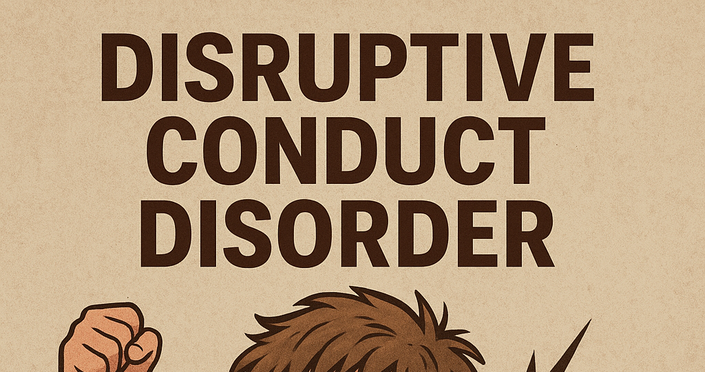Disruptive Conduct Disorder

How Disruptive Conduct Disorder in Children
This article discusses Lytton’s suggestion on how disruptive conduct disorder develops in children. The suggestion is based on the notion that behavior development in a child is not influenced only by the environmental factors but also by the operations of automatic reactivity and heritable genes. Writers who offer nursing writing help at Edudorm essay writing service notes that the article analyses this notion by looking into the various estimates used by Lytton to come into his conclusion, while there are other possible phenomena that can explain a child disruptive conduct disorder development. The article also recommends that rather than focusing on effects sizes, research should look into the mechanisms that operate and their interaction in the development (Dodge, 1990).
Role of Environmental Factors in Disruptive Conduct Disorder
The strengths of the article stems from the fact that it considers various aspects of the environment which affects the biological and genetic make which eventually determines behavior. Lytton’s assertion, however, depict the genetic make up as operating distinctly from environmental factors. The article also measures the correlation of various variables that help in spotting the various weaknesses in the Lytton’s assertion. Experts who offer nursing assignment help at Edudorm essay writing service indicates that the environmental effects are thus seen to be the major factors in determining the child disruptive conduct disorder, moving away from Lytton’s insistence of the child effect being significant determinants. The article also highlights the positive effects of Lytton’s research, such as children factors being obtained from experience (Dodge, 1990).
Genetic Inheritance
The weakness in this article arises from the constant neglect of the effect of genetic inheritance on the development of a child’s behavior. In fact, studies done on twin and adoptions shows that individual differences can determine a child behavior. Authors who offer nursing writing help at Edudorm essay writing service points that the behavior can be attributed to a certain gene (Saudino, 2005). The article fails to consider the significance of such genes in disruptive conduct disorder development.
References
Dodge, K. A. (1990). Nature versus nurture in childhood conduct disorder: it is time to ask a different question. Developmental Psychology, (5), 698.
Saudino,K.J.(2005). Behavioral Genetics and Child Temperament.


